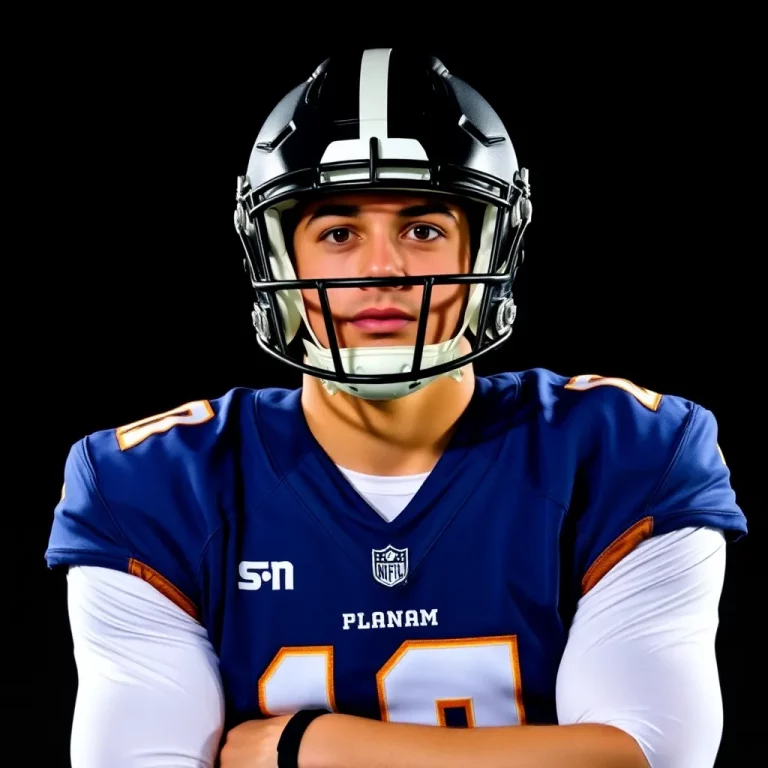In Nashville, Tennessee, Diego Pavia, a college football player, has decided to take legal action against the NCAA. Pavia, who played his first two seasons at a junior college before transferring, is suing the NCAA over rules regarding athlete eligibility. He claims that the current regulations—specifically those that count junior college seasons towards NCAA eligibility and the rules that limit the use of redshirts after players have been at an NCAA school for four years—violate antitrust laws.
Pavia argues that these rules hinder athletes from fully benefiting from NIL (Name, Image, Likeness) opportunities. He believes that under the current structure, players miss out on potential earnings that could have significantly impacted their careers.
As a fan of Vanderbilt, there’s certainly hope that Pavia might receive another year of eligibility, but stepping back from that perspective, the reliance on lawsuits to change NCAA regulations raises concerns. In recent years, the NCAA has faced various legal challenges that have led to shifts in its policies.
Furthermore, there may be a legal loophole protecting junior college players like Pavia. Current lawsuits focus on the NCAA without addressing junior colleges, which might leave Pavia in a unique position to challenge the rules effectively. Observers note that the NCAA is likely to face a more supportive legislative body in the coming years, so this might be the best time to challenge their policies.
For Vanderbilt, the uncertainty surrounding Pavia’s future is concerning. If it takes a long time for the courts to resolve this issue, the team might struggle with recruiting. Other quarterbacks in the transfer portal may hesitate to join if they fear Pavia will return. Without clear answers in the next few months, Vanderbilt is caught in a tough spot as they plan for the upcoming season.
This situation reflects broader questions about athlete rights and opportunities in college sports, emphasizing the need for clarity and fairness in NCAA regulations.


